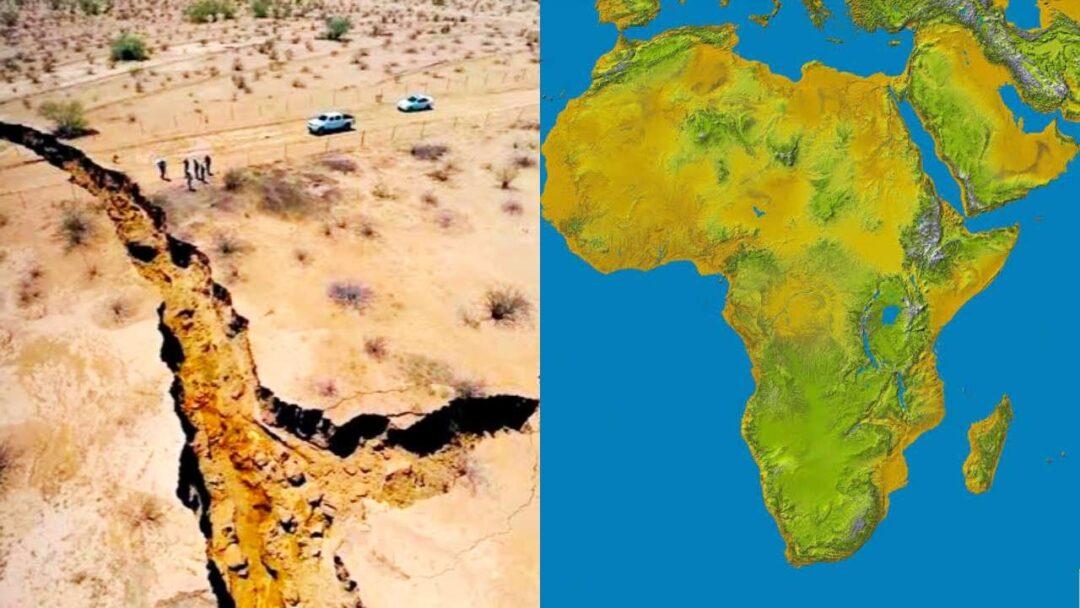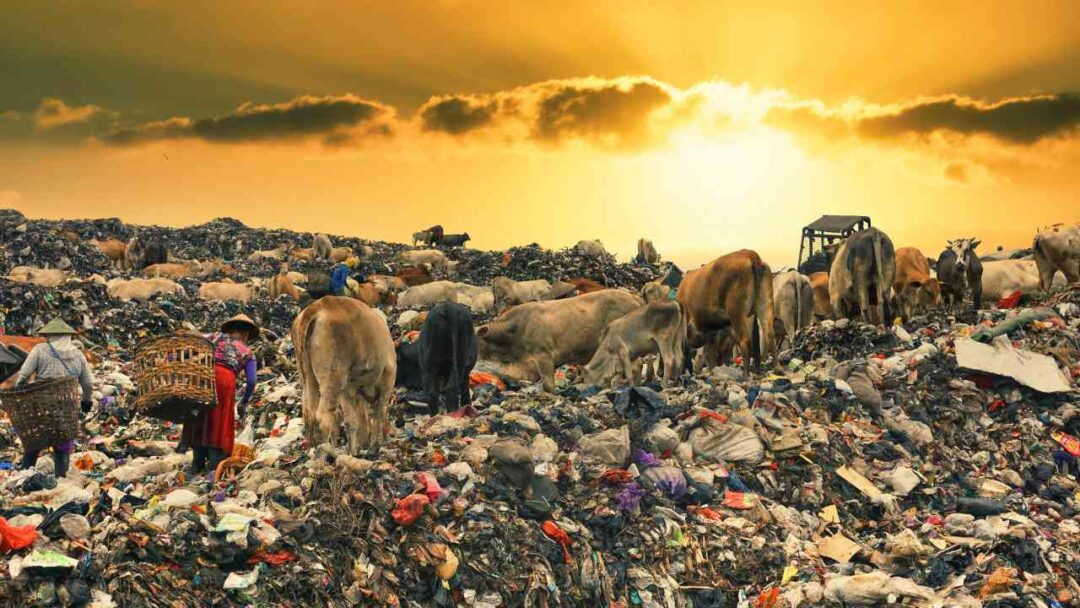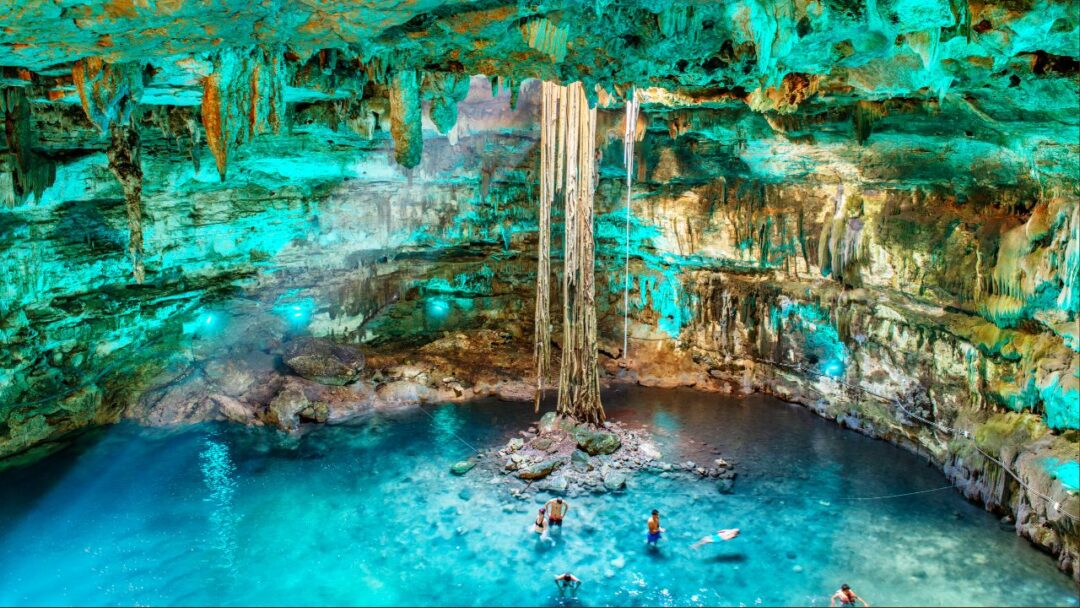
Table of Contents
Will a New Ocean Form After the Separation of Africa? The East African Rift System was created as a result of the continent of Africa being torn apart by tectonic forces. From Ethiopia to Mozambique, there is a network of rift valleys and active volcanoes known as the rift system. What is the possibility that this process would eventually result in the development of a new ocean, as some scientists have proposed?
Will a New Ocean Form After the Separation of Africa?
Here are some key points to consider:
- Africa’s division is not a recent development. For millions of years, the continent has been gradually separating from neighbouring land masses. Tectonic forces, which cause the Earth’s crust to move and change, are what propel this process.
- This continuous activity is demonstrated by the East Rican Rift System. The rift system is a collection of fissures and cracks in the crust of the Earth that are gradually growing wider over time. The continent of Africa is dividing into two pieces as a result of this.
- The eventual development of a new ocean may result from the continent of Africa’s continuing expansion. If the rift system opened up sufficiently for seawater to fill the rift valley, this would occur.
- However, it would take millions of years for this process to take place. Any changes would be relatively slow because the rift system is only spreading a few millimetres per year.
- There are also additional things to think about. For instance, the rift system is linked to regular earthquakes and volcanic eruptions. Seawater may find it challenging to build up in the rift valley as a result, as any new ocean basin would need to be comparatively stable.
Environmental Impacts
Given that this hypothetical scenario would take millions of years to play out, it is difficult to say with confidence what the environmental effects of a new ocean developing as a result of the split of Africa would be. However, based on our understanding of the relevant geological and environmental processes, we can take into account certain potential impacts:
- Sea level and ocean currents would probably undergo considerable alterations as a result of the creation of a new ocean. This might have a significant effect on the climate system on a global scale and could alter the patterns of rainfall and weather events in Africa and elsewhere.
- Freshwater supplies in the area may be significantly impacted if saltwater were to overflow into the rift valley and create a new ocean basin. The intrusion of seawater might alter the salinity and quality of the numerous lakes and rivers that make up the rift valley, which would have an impact on the area’s ecosystems and populated areas.
- The land usage and infrastructure in the area may be significantly impacted by the geological activity related to the development of a new ocean, such as earthquakes and volcanic eruptions. It could, for instance, cause harm to roads, buildings, and other infrastructure, making it challenging for people to farm or carry out other activities in the impacted regions.
- It’s important to keep in mind that any environmental effects of a new ocean emerging would occur gradually and over a very long period of time. This implies that any changes would probably occur over a long period of time, giving humans and other animals plenty of time to adjust, and that the effects could be less severe than if they came abruptly.
It is important to keep in mind that this is a hypothetical scenario that would take millions of years to occur, and that many other factors will shape the environmental future of the continent in the interim, even though the formation of a new ocean could potentially have significant environmental impacts in Africa and around the world.
Conclusion
While the ultimate formation of a new ocean as a result of the division of Africa is conceivable, this is a lengthy process that would require millions of years to complete. There is currently no scientific evidence to support the idea that a new ocean will form any time soon. However, the continual movement of tectonic plates serves as a constant reminder that the Earth is changing and that there will likely be many more geological changes to come.




